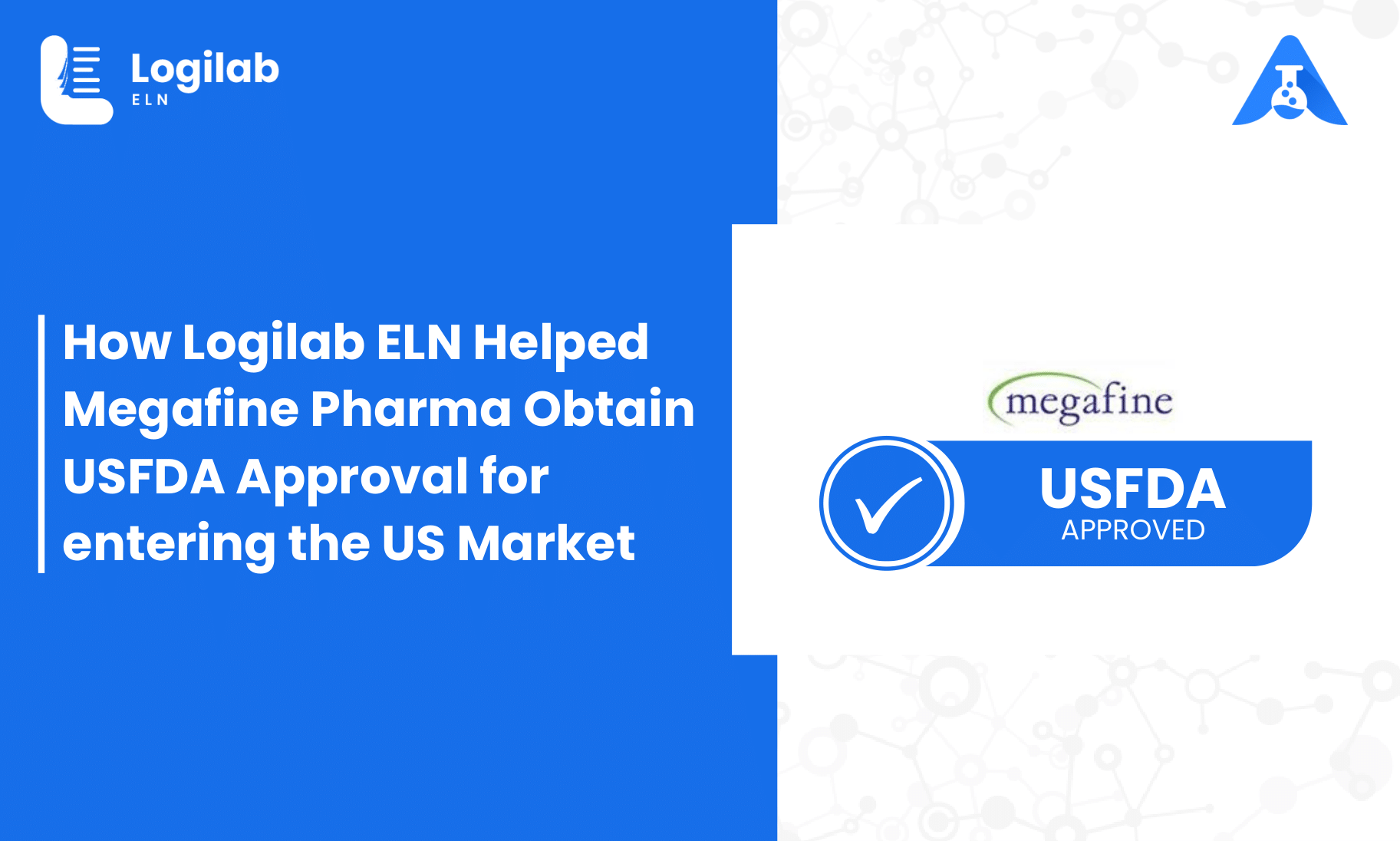Regulatory compliance, such as adherence to 21 CFR Part 11 compliance, is of utmost importance for companies operating in regulated industries. The US Food and Drug Administration (USFDA) is renowned for its rigorous and unwavering stance on manufacturing standards. One prominent aspect of regulatory compliance is 21 CFR Part 11, which specifically applies to electronic records and signatures used in FDA-regulated industries. This regulation sets forth guidelines and requirements for ensuring the integrity, authenticity, and confidentiality of electronic data and signatures.
Companies within the regulated industry must diligently adhere to these standards to demonstrate their commitment to quality, safety, and compliance. Non-compliance can have severe consequences, ranging from warning letters to outright bans, which can have devastating effects on a company’s reputation, market position, and overall success. Therefore, it is essential for businesses to prioritize regulatory compliance and take proactive measures to meet the stringent expectations set by the USFDA and other regulatory bodies.
Megafine Pharma is a 28-year-old Indian manufacturer of pharmaceutical products & ingredients. They received warning letters from the USFDA in 2015 and 2017, and the FDA later imposed a complete ban on the company’s products in the US. These allegations against Megafine were based on data irregularities and document discrepancies.
However, instead of giving up, Megafine’s leadership took a serious view of the issues and conducted a comprehensive overhaul of its manufacturing sites, and their approach to maintaining data integrity. They did not rely on expensive global consultants, but focused on implementing innovative solutions with features that would take care of compliance related requirements. A shift in perspective was made by Megafine, from focusing on the quality of output and results, to focusing on the quality of their lab processes instead.
Megafine’s complex laboratory oversees a high volume of daily samples, requiring comprehensive logs for all sample data, including in-process, and finished products. Compliance with 21 CFR part 11 is essential for maintaining electronic records protection & ALCOA principles of data integrity, which ensures all data in the lab is attributable, legible, contemporaneous, original & accurate. Megafine aimed to improve their sample management, traceability, and reconciliation during drug manufacturing, specifically in maintaining quality control. They chose Agaram Technologies’ Logilab ELN, a cloud-based electronic lab notebook solution, to address these challenges in a paperless and error-free environment. They went with the SaaS model due its advantages in terms of cost effectiveness & scalability.
Inward sample registers were created electronically for maintaining quality in each department, along with e-signatures to indicate which lab personnel oversaw the result entry, review, and approval.
By implementing Logilab ELN, Megafine digitised and made their day-to-day processes compliant with 21 CFR part 11 guidelines. With built in features such as role-based access, cloud storage, auto versioning, audit trails & e-signatures, Logilab ELN provided an array of benefits for Megafine.
Megafine Pharma’s story is a perfect example of how a company can bounce back from adversity and rebuild its reputation. The leadership demonstrated that with a desire to change and a comprehensive overhaul of its manufacturing sites, every company can achieve the highest standards of quality and data integrity. It is essential to note that Megafine’s journey was not easy. It took eight years of arduous efforts to regain the trust of the USFDA, by implementing an innovative & comprehensive lab software solution which would transform their lab processes.
This approach paid off, and the USFDA has now cleared Megafine to do business in the US. Megafine’s success story is an inspiration to other companies that are facing similar challenges, in the face of the strictest regulatory scrutiny.





